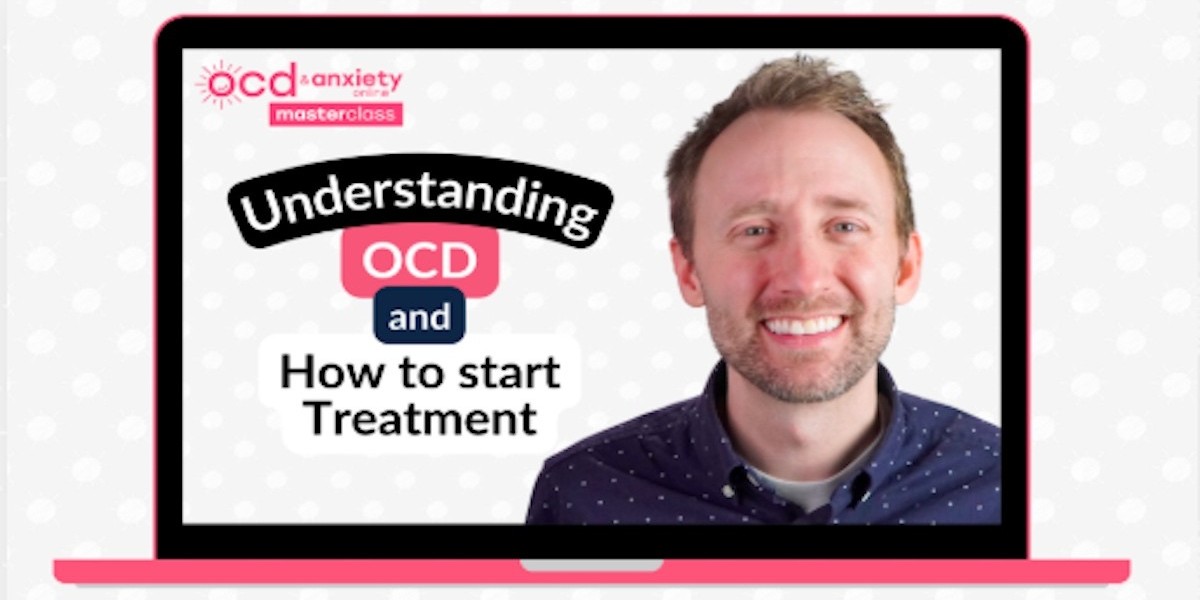Obsessive-compulsive disorder (OCD) can manifest in various ways, often leading to distressing intrusive thoughts and compulsive behaviors. Whether searching for strategies on How to stop intrusive thoughts, looking for OCD help, exploring OCD self help, or understanding Contamination OCD, learning effective coping mechanisms is essential for improving mental well-being.
How to Stop Intrusive Thoughts: Practical Techniques
Managing intrusive thoughts involves recognizing them as mere thoughts rather than reality. Techniques such as mindfulness, cognitive-behavioral therapy (CBT), and exposure and response prevention (ERP) help individuals reduce their emotional response to intrusive thoughts.
OCD Help: Professional Treatment Options
Seeking OCD help from mental health professionals can provide structured therapy and medication options. CBT and ERP are widely recognized as effective treatments for OCD, helping individuals confront fears and reduce compulsive behaviors.
OCD Self Help: Strategies for Daily Management
For those looking for OCD self help, self-care techniques such as journaling, meditation, and gradual exposure exercises can be beneficial. Learning to resist compulsions and practicing acceptance of uncertainty are key components of self-management.
Contamination OCD: Understanding and Overcoming Fears
Contamination OCD is a subtype of OCD characterized by an intense fear of germs, bacteria, or toxins. Individuals may engage in excessive cleaning rituals or avoid places perceived as contaminated. Treatment involves exposure therapy and cognitive restructuring to reduce anxiety.
From How to stop intrusive thoughts to Contamination OCD, recognizing triggers and implementing structured coping strategies can significantly improve daily functioning. Professional guidance and self-help techniques work together to create lasting relief.
Final Thoughts on OCD Management
Whether seeking OCD help, exploring OCD self help, or addressing Contamination OCD, adopting evidence-based strategies and seeking professional support can lead to meaningful progress in managing symptoms.







